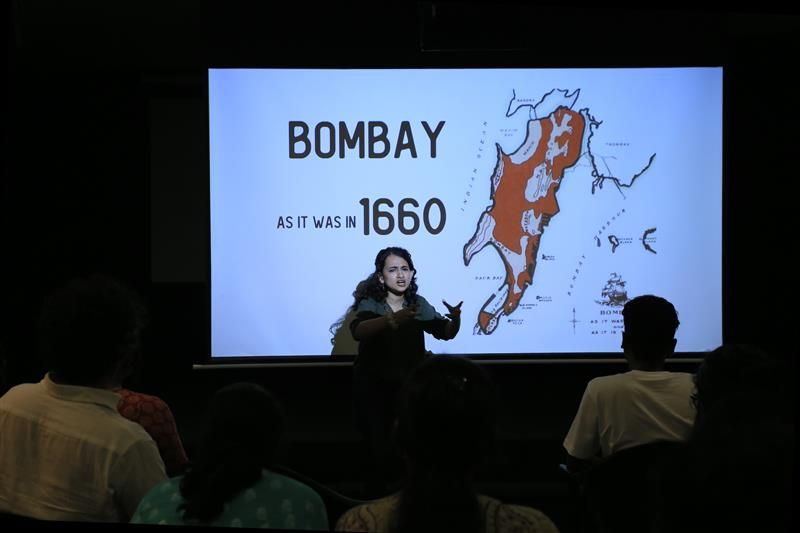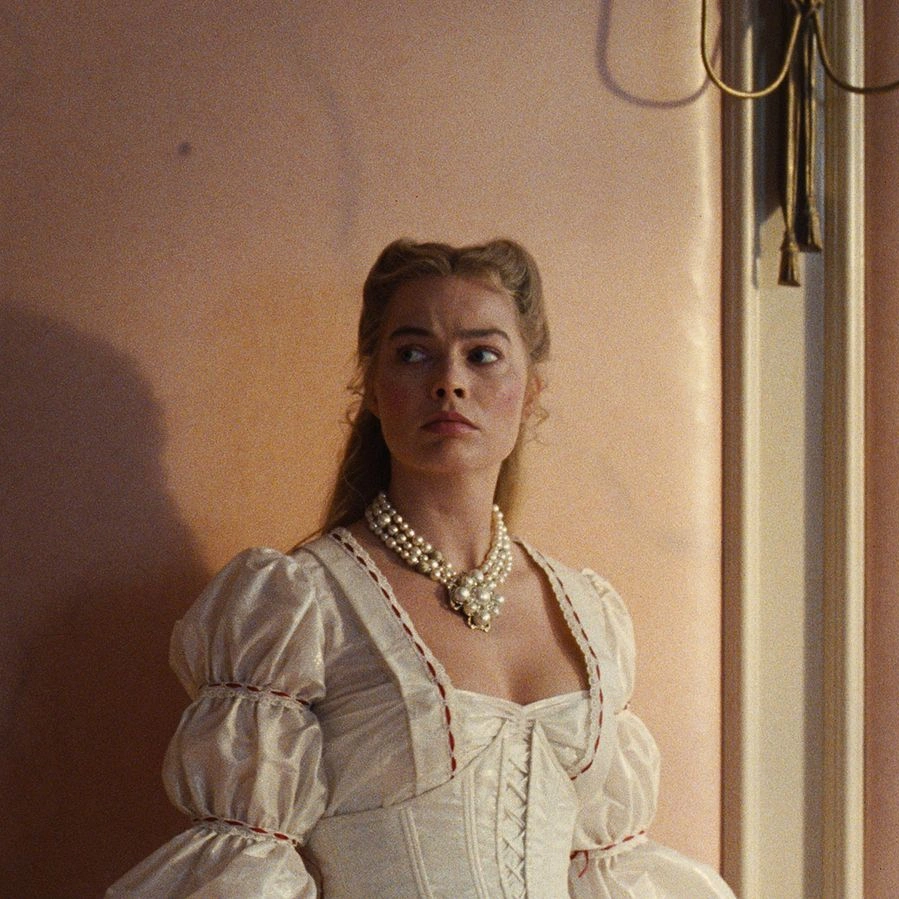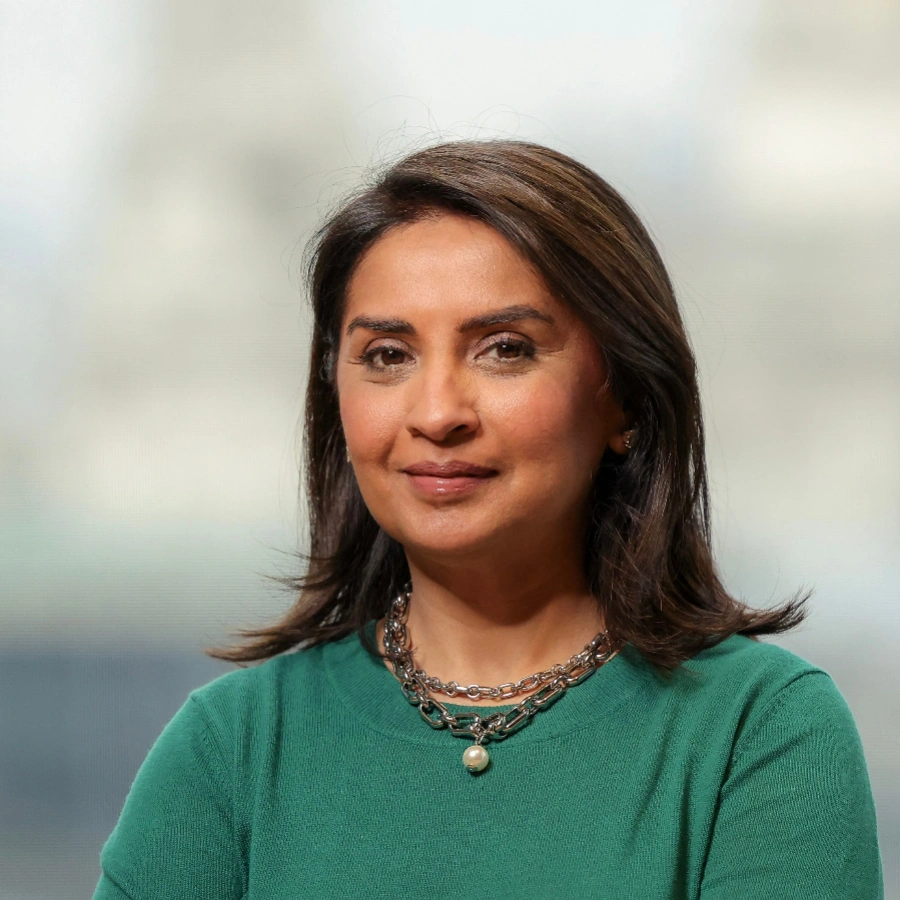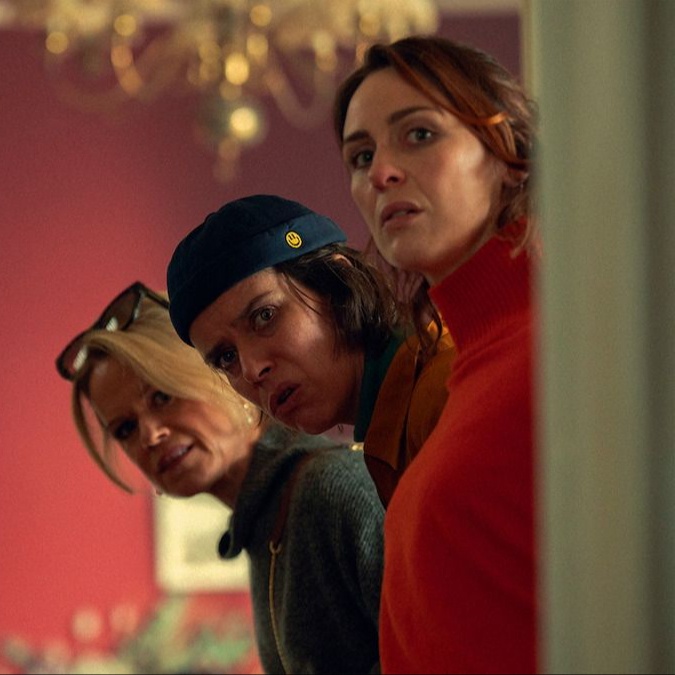Our forests are burning, glaciers are melting, sea levels are on the rise, and the beachfront properties that dot our coastline may not survive our lifetime. None of this is information we don’t already know—this data is being screamed at us every day, on every platform. We may have ditched single-use plastics, switched to a bamboo toothbrush, and even decided against having a kid to ease overpopulation, but clearly, it hasn’t made a dent in the destruction caused by deep-sea fracking, fast fashion, and water-guzzling AI data centres. The climate crisis is here, and there’s no denying it.
For theatre artist Meghana AT, who runs theatre company Tafreehwale with Mallika Shah, the most natural outlet for her climate anxiety was humour. Back in 2019, she had been enlisted by Mumbai Art Room to create a theatre performance as part of a multimedia exhibition that imagined life in a post-Anthropocene world. At the time, climate change was still thought about in terms of melting ice and starving polar bears, but the gallery hoped to bring the conversation closer home, asking: What will our everyday lives look like once climate change has destroyed the planet as we know it? “It was great, because I have always lived with climate anxiety,” shares AT. “I didn’t need to perform frightened-ness or anxiety, I just had to share it with the audience.”
Curiously, what emerged from AT’s climate anxiety is an outrageously funny and satirical one-woman show that’s part theatre, part lecture-demonstration and part community town hall. Plan B/C/D/E has toured across the country over the past five years and is now coming back to its city of origin, Mumbai, on November 29 and 30, before it heads to Pune on December 12. In the show, AT plays a slightly fictionalised version of herself and walks us through a series of increasingly bizarre schemes for survival—her plans B/C/D/E, essentially—for when most of Mumbai is inevitably lost to the Arabian Sea. She shows the audience an interactive map that uses AI to predict how much of the Mumbai coastline is under threat of submersion. “I make a joke about how this is ghar wapsi, because it looks so similar to the map of Old Mumbai,” she laughs.

She then goads her audience into a brainstorming session. Should we surgically modify our bodies to survive underwater? Should we build underwater cities? Or should we take a cue from old-timey pirates and submit to a life at sea? At a performance in Kochi, she drew parallels between the two metros, which are both heavily reclaimed former colonial cities. In Bengaluru, she made a crack about how the drought-hit city can have some of Mumbai’s water. She provokes her audience with dark humour and the audience does push back, sometimes to the point of aggression. That’s her whole point. “You’re not going to remember that I told you that in 2019, Greenland had a melt that was 12 billion tonnes of ice in one day—you’ve already forgotten it, as I said it,” she points out. “But you do remember how horrible you felt, when I said, ‘What if poor people die, who gives a shit?’”
It appears that climate theatre is less about the facts themselves (“Though I don’t take liberties with facts,” AT assures me) and more about provoking feelings. “It’s about taking a leap to make the data more accessible to the audience,” explains theatre-maker, creative strategist, and educator Gaurav Singh Nijjer, who works with New Delhi-based company Kaivalya Plays. In 2022, Nijjer participated in a fellowship offered by Bengaluru-based tech+art platform BeFantastic, where he collaborated with performers from India, Brazil, and the UK, plus a veritable AI chatbot co-actor, to devise a play about climate change. The performance they devised, Climate Prov, is similar to Plan B/C/D/E in the sense that it encourages audiences to engage with, and challenge, real-time climate data through increasingly ridiculous improvised scenarios. What if the air was so thick with pollution that it turned into cotton candy? What if two lovers were separated by a lake frothing with toxic waste? “The exponential rise of OTT content has made us insensitive to what we see on a screen,” Nijjer adds. “At this time, theatre is the most powerful medium to discuss this issue—it is visceral, urgent, happening right in front of you. There’s less room for complacency.”
The point, for these artists, is to address the fact that there’s already so much awareness and yet so little action, that it’s causing us to become a generation of climate-anxious citizens who have nowhere to put their fear, rage, or grief. “Articles already share all the facts,” says actor Piyush Kumar, who, in 2020, created and directed a show called Panniarchy which talks about our relationship with plastic for the Little Group Theatre company in New Delhi. “Everybody is aware that we are living in a world of plastic, but we try to turn those facts into images, make them dramatic, so that the audience feels emotionally affected by them.” In one scene, Kumar compares a tree covered in plastic bags to a “plastic ghost”—an eerie sight he saw in real life when visiting a Mumbai mangrove. “Even now, it’s not like after seeing the play there’s been some huge impact. But for me, if the audience is able to feel it and be moved by it, then the play is doing its job.”
In this sense, theatre achieves something that articles, books, documentaries, and even well-meaning big-budget movies don’t—they offer a space for all of us to express the scary and complex feelings we have about climate change. We’re allowed, without judgement, to test the extent of our empathy, or discover the moment when our rage turns into mellow, survival-focused acceptance. “I don’t think anybody is going to the theatre to be shook,” admits AT. “To be moved, yes, but not to be pushed off a bridge. I have had super-knowledgeable audiences, working ecologists who are full-time thinking about these things with dread, who came to me afterwards, and said they valued the opportunity to just ‘lol’ about the climate in community.” There’s a soft power to laughing in solidarity in the face of calamity—maybe we’re doomed beyond all hope, but at least we’ll go down with a little more self-awareness, as part of a community that, for whatever it’s worth, genuinely cared.
Plan B/C/D/E will be performed in Mumbai at the Museum of Solutions on November 29 and at OF10 on November 30; and in Pune at SLR Black Box on December 12. Book tickets here




